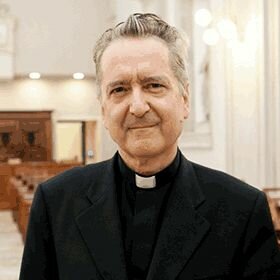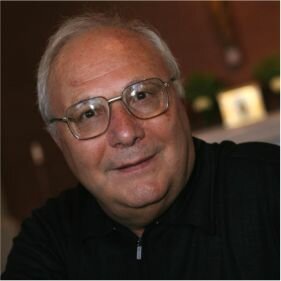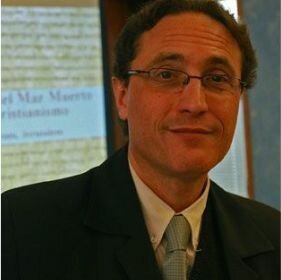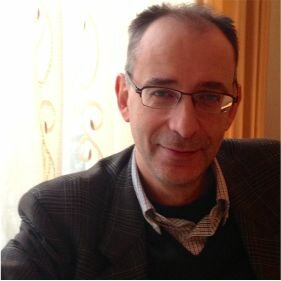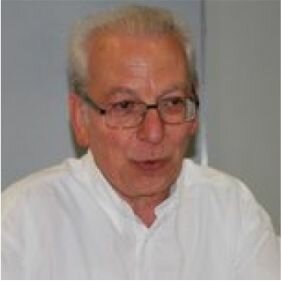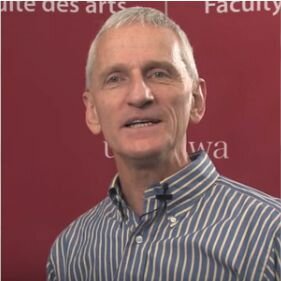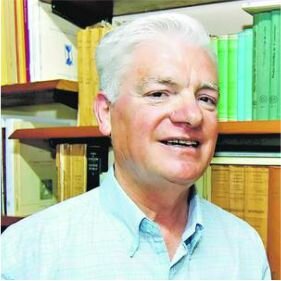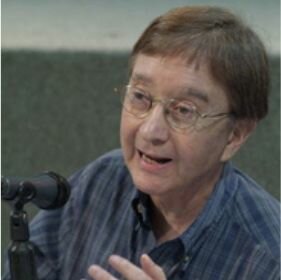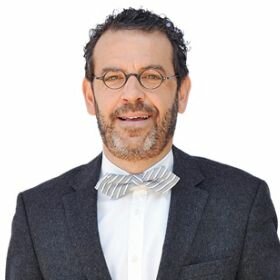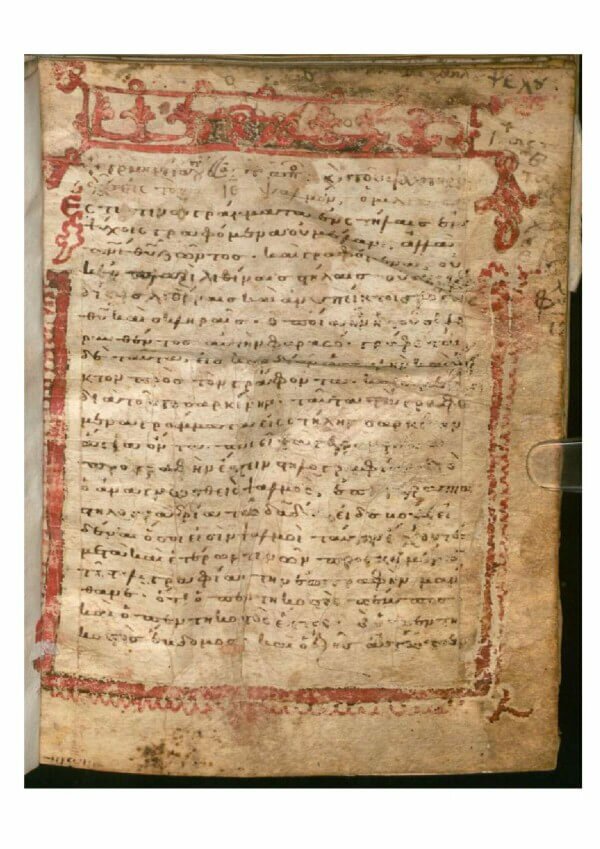
Time has an obvious lineal component where past, present and future seem to play out inevitably one after the other. However, time also has an enigmatic and reversible component by which the past can transform the present and future. This mysterious aspect of time seems to have been revealed in the discoveries of the Manuscripts of Late Antiquity, manuscripts discovered during the 20th and 21st centuries. Apparently as if by chance, complete libraries of manuscripts as well as individual documents of great importance for our understanding of historical authors and situations have come to light after having been buried for millennia. Just some examples are the incredible discoveries of the Nag Hammadi Gnostic library, the Dead Sea Scrolls, Origen of Alexandria’s homilies, Augustine’s sermons, etc.
These manuscripts are not passive documents. They pose numerous questions to specialists from a diverse array of fields, demanding new evaluations of a past that was thought to be already understood and judged. Some of the questions to emerge include:
What meaning and implications does the discovery of the Dead Sea Scrolls have for an understanding of the Judaism of Late Antiquity and for the beginning of Christianity?
Can these newly discovered manuscripts contribute new information about the social and cultural context within which Jesus lived and died?
Can the Gnostic and Apocryphal gospels provide us with a more complete vision of Christianity?
Does the discovery of the Coptic, Syriac and Gregorian manuscripts modify our current perspective of the West?
Is it possible that the discovery of Origen’s homilies will change the judgement that the history of theology has passed on this controversial author?
What new information about Early Christianity’s practices does the discovery of Saint Augustine’s sermons provide?
This conference will attempt to answer these and other questions with careful scientific rigor, seeking answers that enrich our understanding of both the specific field of Patristic Studies and the contemporary world in general.
Simultaneously with this II International Conference, the First Meeting on Patristic Studies in Ibero-America will take place, having as a central theme issues related to “research projects, translations and critical editions.” This event seeks to share information about different Patristic Studies activities being carried out in Spanish and Portuguese. In addition to allowing Ibero-American specialists to exchange experiences, this event will allow these specialists to share their excellent research and academic work with scholars from around the world.







